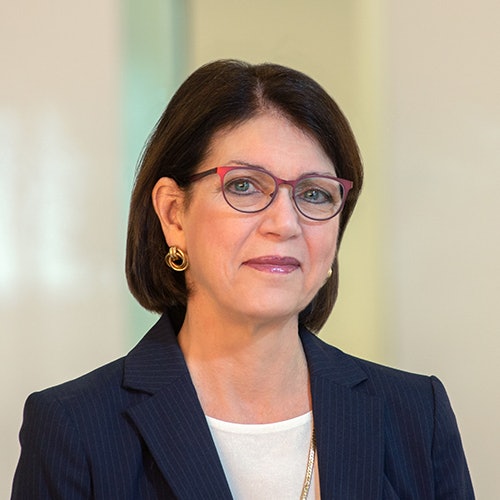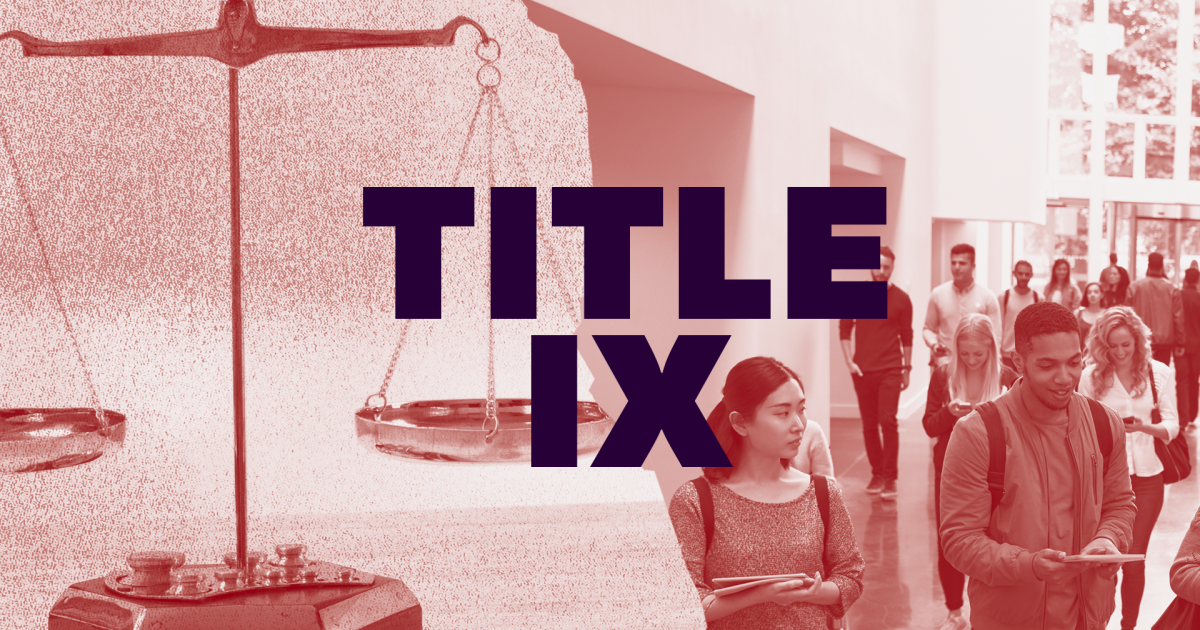Today on the HEPI website, Annamaria Carusi challenges the common assumption that translational research is only relevant to STEM fields, making the case for a broader, more integrated approach that fully values the contributions of the arts and humanities. If we want to maximize the real-world impact of research, she argues, it is time to rethink outdated silos and recognize the creative industries as essential players in innovation and economic growth. You can read that piece here.
Below, as the government considers higher education reform, Dr Brooke Storer-Church and Dr Kate Wicklow make the case for specialist higher education institutions and warn against the dangers of homogenisation.
GuildHE represents the most diverse range of Higher Education Institutions (HEIs) that are crucial to the prosperity of the sector, the economy, and our global reputation. We therefore argue that in an increasingly complex world, the role of specialist higher education institutions has never been more vital. These institutions, with their deep-rooted expertise and tailored approach, offer a unique and invaluable contribution to the landscape of higher education by providing diverse approaches and pathways to a wide range of students.
Diversity is a necessary ingredient for a successful and sustainable higher education sector, and this is becoming clearer from an analysis of the United States landscape, along with Australia and other large higher education systems. Expert commentators grappling with some of the current challenges for American universities and colleges offer a hypothesis, positing that losing the diversity of mission and distinctiveness, objectives and audiences has been key to its diminishing public support. This homogenisation includes institutional, mission, operational, and aspirational similarities, which see every institution strive to ‘be all things to all people’ and thereby offer ‘the same thing for only some of the people.’
In November, the Secretary of State wrote to the higher education sector outlining five areas for reform. GuildHE has scrutinised these areas and suggested to the Department for Education (DfE) ways to use the strengths of our sector to meet these challenges. However, some of the debate surrounding reform includes calls for consolidation and institutional mergers to offer the best ‘efficiencies’ in the sector.
While GuildHE members drive innovation, enrich communities and ensure access to high-quality education, their impact is often overlooked because they are not traditional, large-scale, multi-faculty universities. Funding and regulatory systems and government policies often fail to recognise institutions that do not fit this conventional university image. We, therefore, argue consolidation in the sector puts institutional diversity and student choice at risk, jeopardises our world-leading status, and undermines the Government’s missions of supporting local communities, equality of opportunity and our national economy.
Overall, we want to see Government reform which champions our diversity, avoids policies that undermine the unique contributions of our diverse institutions, and actively invests to protect them.
A focus on depth and industrial relevance
Unlike their more generalist counterparts, specialist HEIs prioritise depth over breadth. They delve into specific disciplines, professions or industries, providing students with a more comprehensive and nuanced understanding of their chosen field. This focused approach fosters a level of knowledge and skills that is often unmatched elsewhere and is increasingly in demand to tackle 21st-century challenges.
Whilst GuildHE is known for representing specialist creative arts institutions, which together train about 40% of all creative HE students in England, we represent a wider range of specialists, including healthcare specialists like Health Sciences University, specialists in the built environment like University College of Estate Management (which is also a specialist in online delivery) and all the land-based specialist universities in the sector. The agri-food sector employs almost 4 million people and is larger than the automotive and aerospace sectors combined. Technological innovations and sustainability and productivity improvements are driven by our specialist land-based institutions, which work closely with industrial partners. This specialist expertise is transforming the future of food production, bringing together disciplines such as robotics and artificial intelligence and contributing to the broader push towards net-zero food and farming. Several agriculture-focused higher education providers have their own farms and industrial research centres for testing and development.
Nationally, our institutions work with the Department for Environment, Food & Rural Affairs, right across government and with industry sector bodies; for example, Harper Adams University has advised the government on matters related to food security. Their impact is also international, as agri-food HEIs work with the Department for International Trade to boost the profile of UK agricultural innovation overseas and educational and research and development programmes are forged with international partners from the US and China to Kenya, Australia and the Netherlands.
A culture of innovation
As natural innovators, many specialist institutions know their regions well and will be a critical part of generating economic growth there. They are locally significant as employers and community anchors and active partners in Local Enterprise Partnerships and other local bodies, such as Chambers of Commerce. Below is just a small sample of the innovations delivered by our specialist institutions.
Norwich University of the Arts collaborated with regional businesses to innovate film technology that mid-size regional film production companies use. The project created new jobs in Norfolk, boosted film production for regional, small-scale productions and start-ups, and the insights gained from the project were incorporated into the university curriculum. By equipping students with cutting-edge knowledge and skills, NUA is empowering them to contribute to the region’s growing knowledge-based economy by equipping them with cutting-edge knowledge and skills.
Dyson Institute for Engineering and Technology is training the future workforce of engineers with a particular focus on pioneering new technologies that make intrinsically relevant real-world impacts. Innovation areas include delivering safe, cleaner, energy-efficient batteries, prototyping products in aerodynamics, mechatronics and microbiology and robotics for clinical imaging, navigation technology and machine learning.
Hartpury University is a leading institution for agriculture, agri-tech, animal and veterinary sciences. Its Agri-Tech Centre is a state-of-the-art complex, connecting research, knowledge, data, and people in a real-world and applied setting. Through the Centre, it provides industry-led services for the advancement of agricultural technologies and delivers proven solutions and services to farms and suppliers across the UK. This hub offers a path for innovative agri-tech businesses to trial new products and services to modernise and sustain British farming.
A sense of community
One of the defining characteristics of specialist HEIs is their strong sense of community. Students, staff and alumni often share a common passion for their field, creating a supportive and inspiring environment. This sense of community fosters a deep sense of belonging and can lead to lifelong friendships and professional networks.
Arts University Plymouth’s Young Arts programme was established in 1988. It features the university’s renowned Saturday Arts Clubs and for over 30 years, has worked to bridge the gap in arts provision for young people created by increasingly limited access to creative activity in schools. Young Arts uses art as a catalyst for learning, shaping the artists, makers and creative thinkers of the future, supporting learning and social development, often working with specific widening participation groups.
Starting in September 2025, Harper Adams University (HAU) will open a suite of undergraduate courses at The Quad, Telford; its first additional site in 124 years and a new base from which the university can extend its collaboration with and connection to its local community. In The Quad, HAU is co-located with Telford College, Invest Telford, and the local MP to broaden access for local learners to future-focused courses like data science, robotics mechatronics and automation, and digital business. HAU is also providing short courses and upskilling for local businesses to support local growth.
Our asks of government
As we argue extensively in our submission to DfE, specialist HEIs offer a diverse range of programmes and courses that meet the needs of a wide range of students and community partners and meet each of the five areas of higher education reform. They are, therefore, the essential threads in the fabric of our diverse, rich and successful higher education landscape; threads that have been regrettably lost in other systems around the world. Their focus on depth, industry partnerships, innovation and community makes them uniquely positioned to prepare students for success in a rapidly changing world. As we look to the future, it is clear that specialist HEIs must continue to play a vital role in shaping the next generation of leaders and innovators.
Observations about the increasing homogeneity of higher education have been available publicly for at least 2 decades, with some suggesting that a combination of government policies, regulation and academic communities are all playing their part. Regardless of the reasons behind it, there is widespread agreement that such homogeneity restricts access for students with different educational backgrounds or achievements.
Global trend analysis has shown that government policies, regulation and academic communities have all contributed to the homogeneity of higher education in other countries. This reduces social mobility by reducing modes of entry and delivery. It also weakens applied research and innovation and the pipeline of experts into the labour market, as it loses its ability to create the growing variety of specialisations needed for economic and social development.
At a time when we, as a sector, are grappling with the twin pressures of making our contributions to wider society clearer and delivering the promise with fewer resources, we must all protect the very diversity within it that ensures we can rise to the 21st-century challenges on our doorstep and retain a world-leading and (possibly) increasingly unique higher education sector.
We have published a summary of our submission to DfE with our various policy asks to protect the diversity of our system here.





